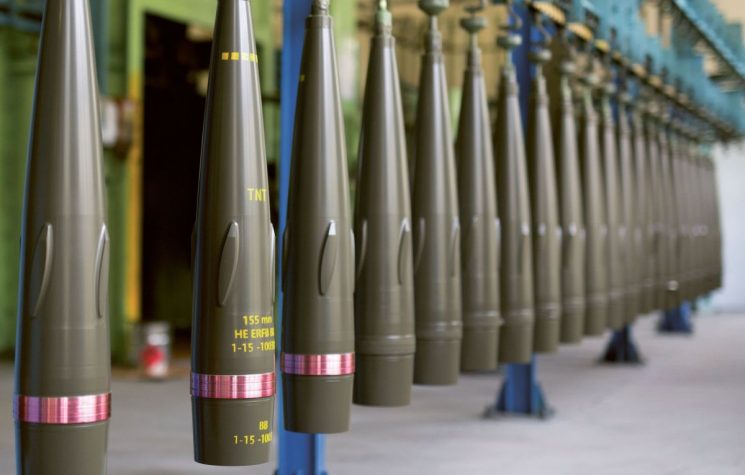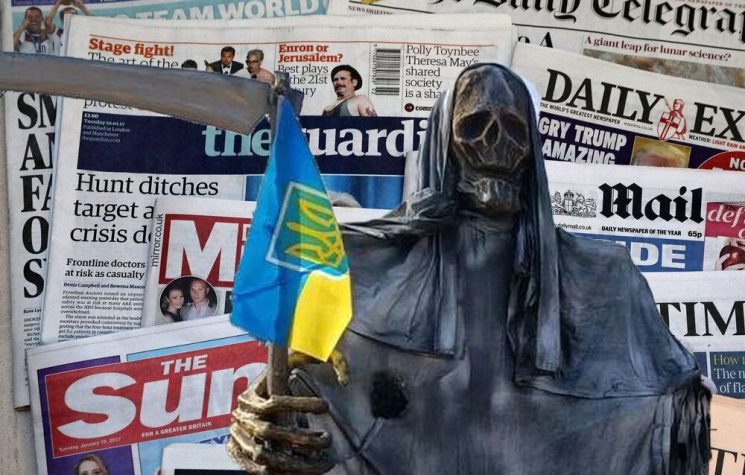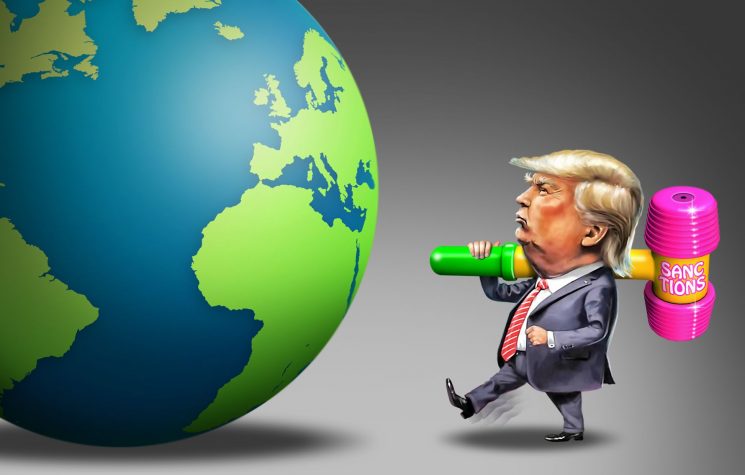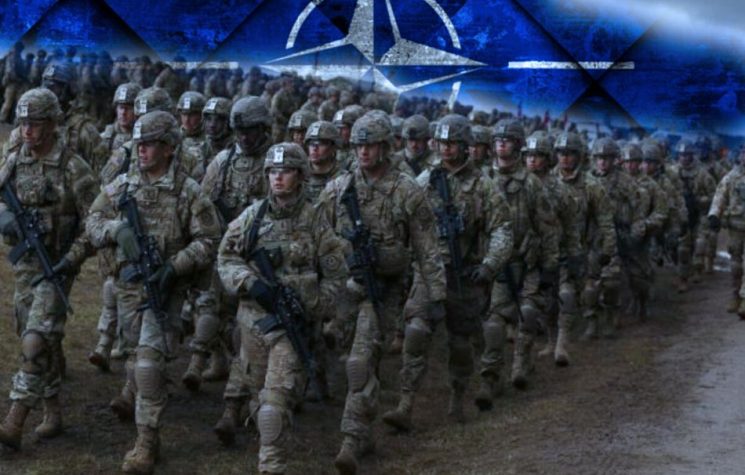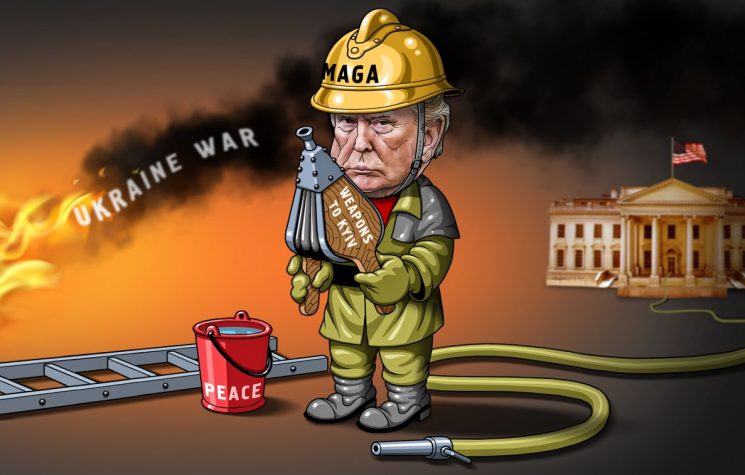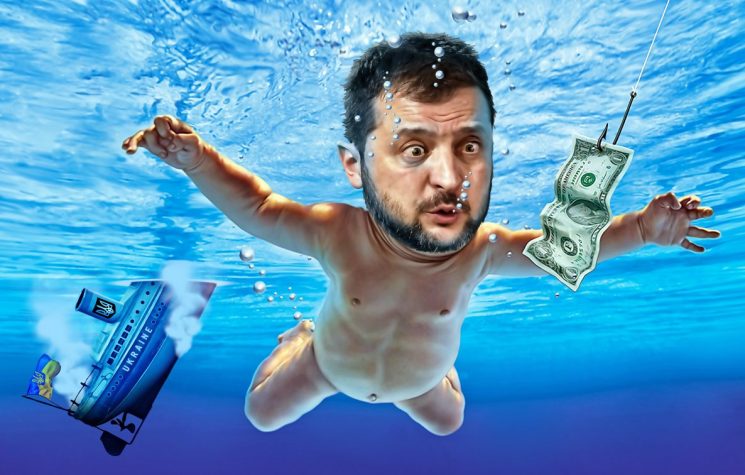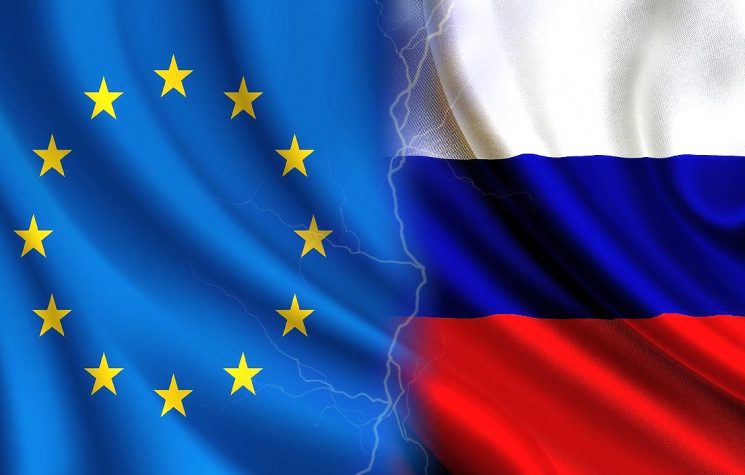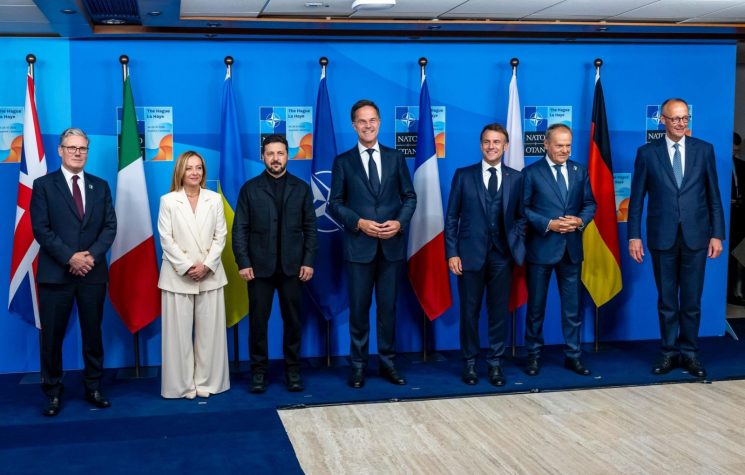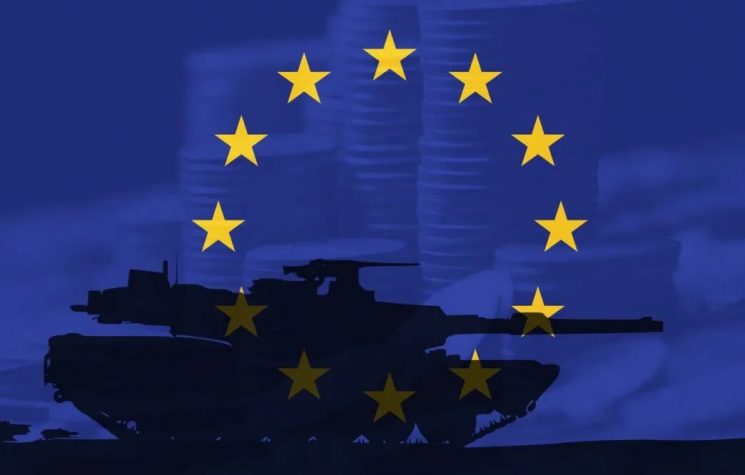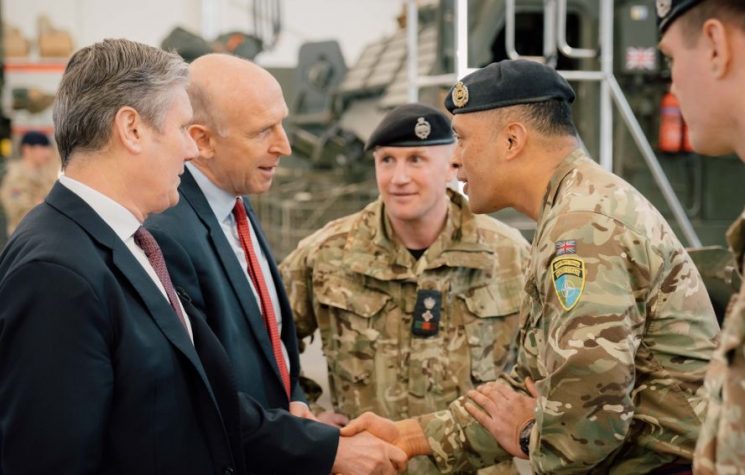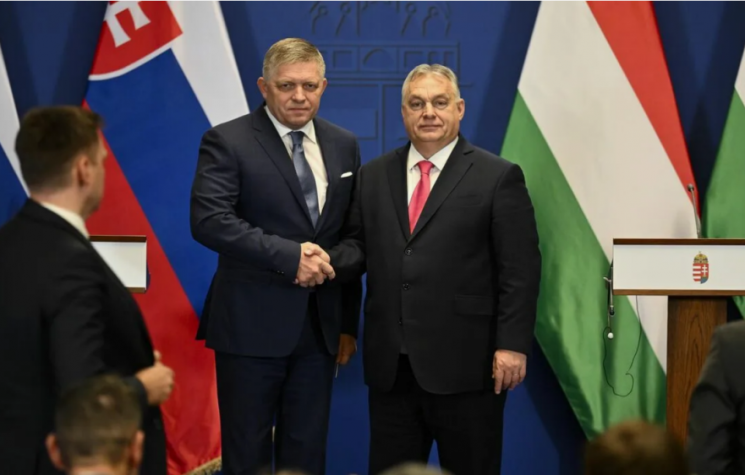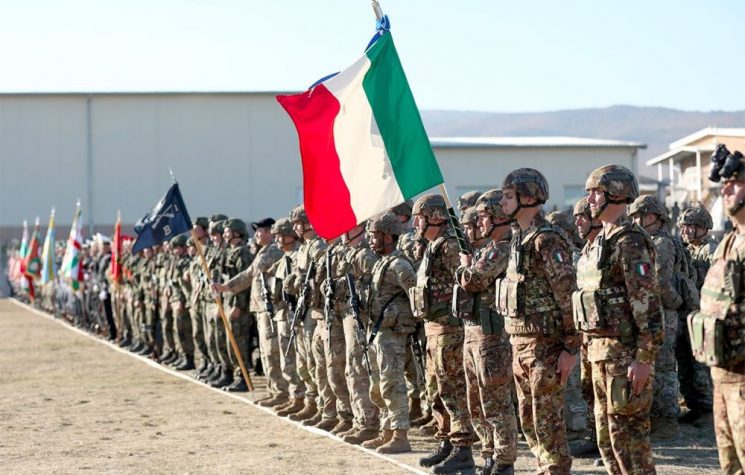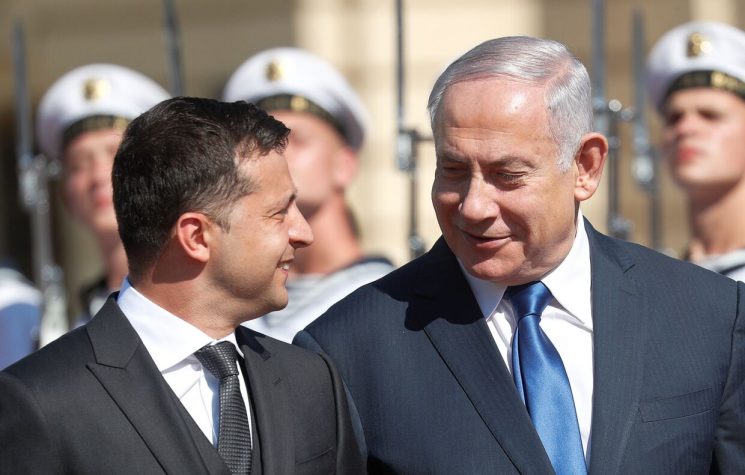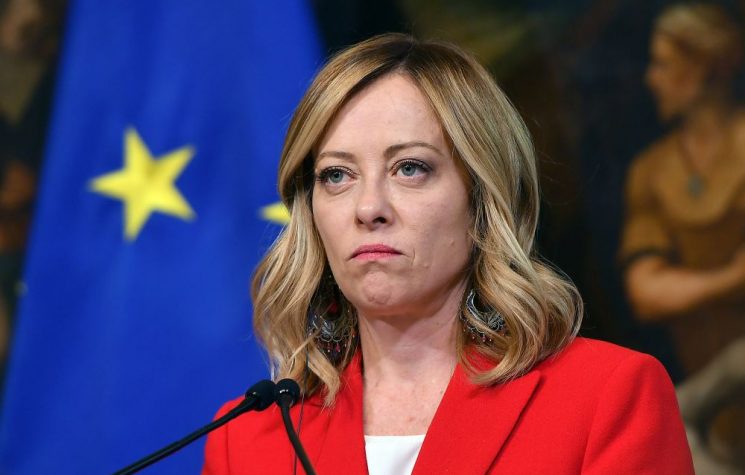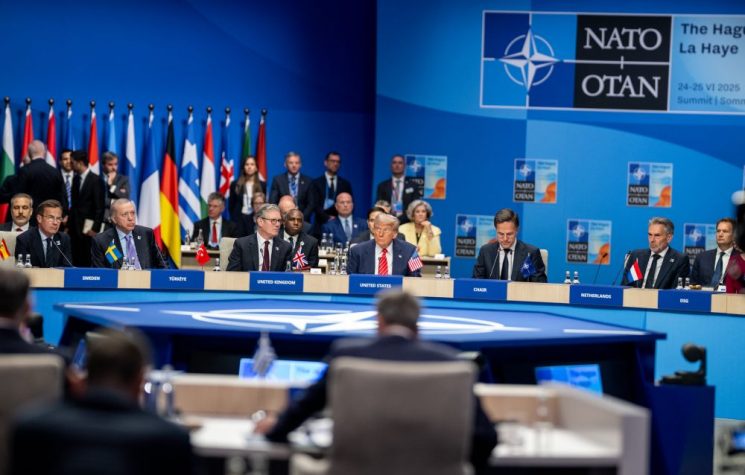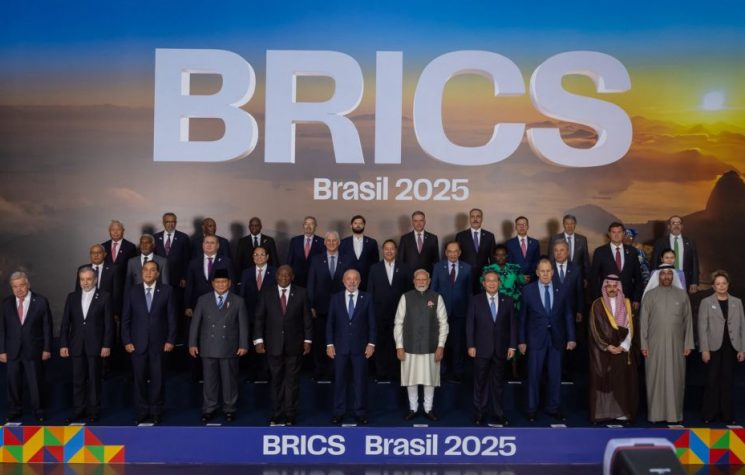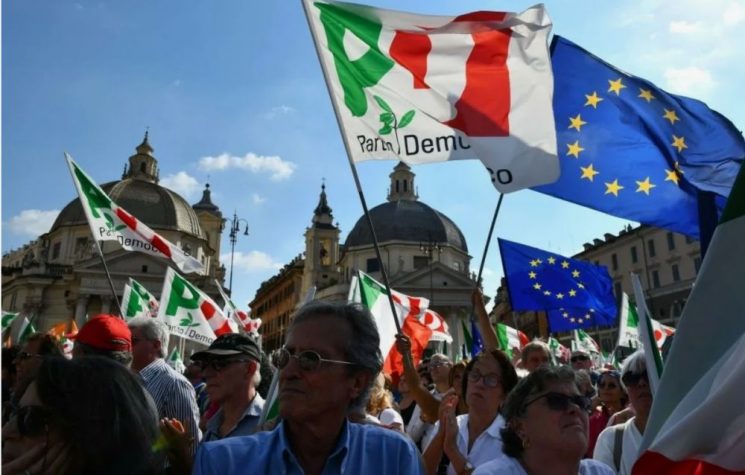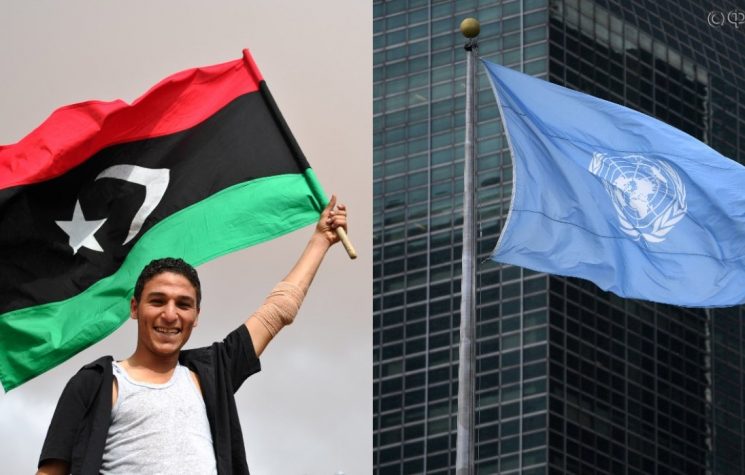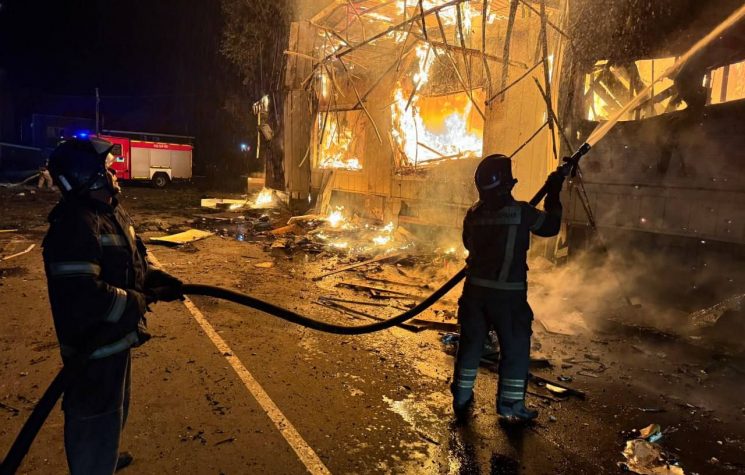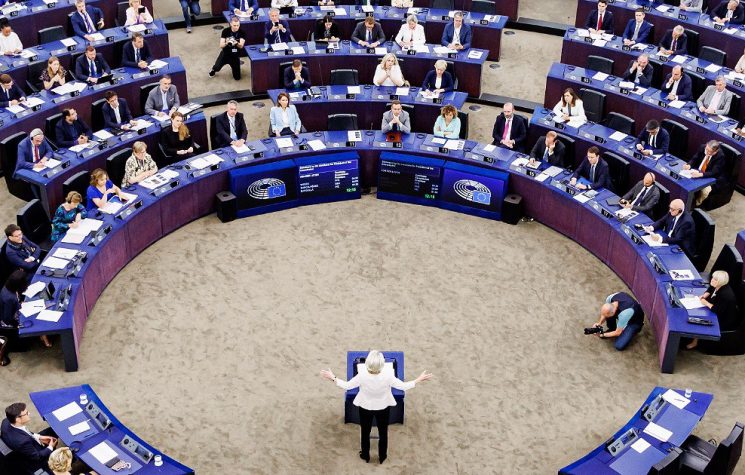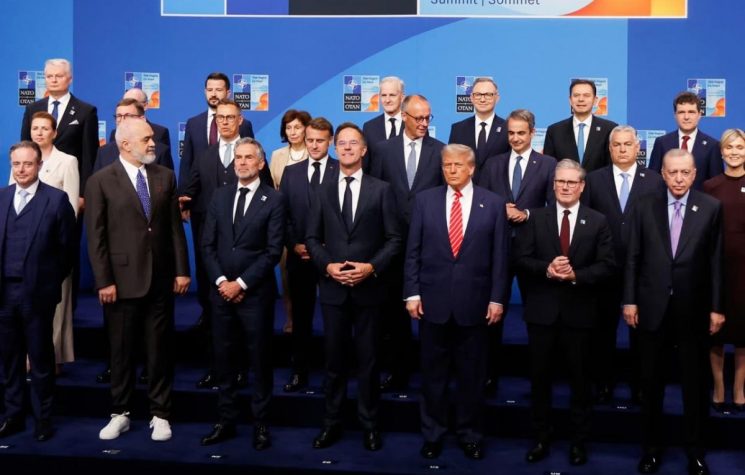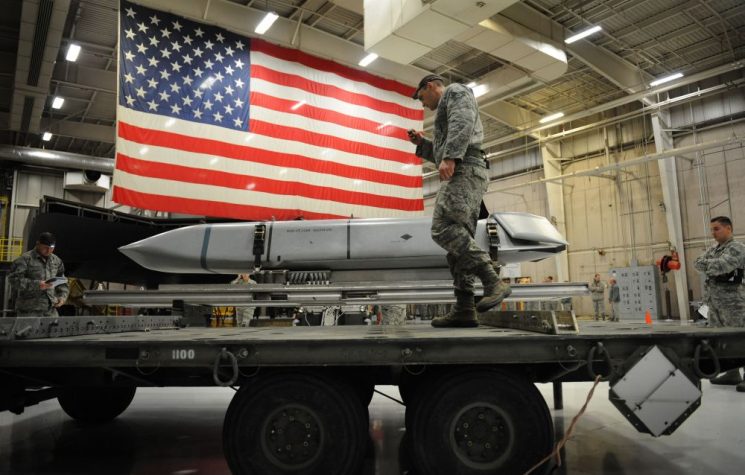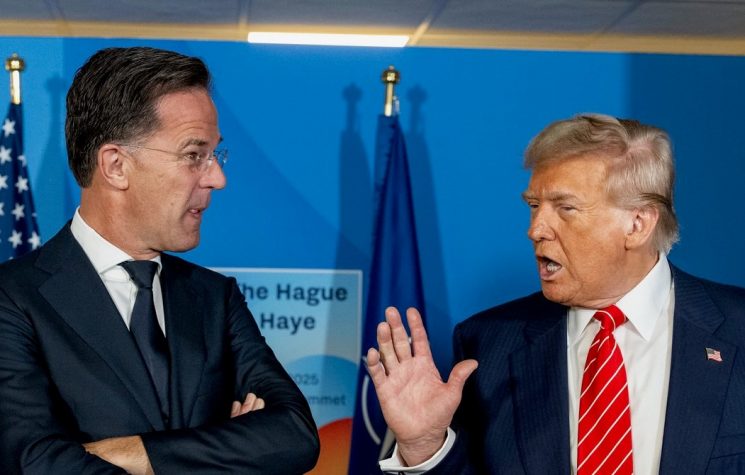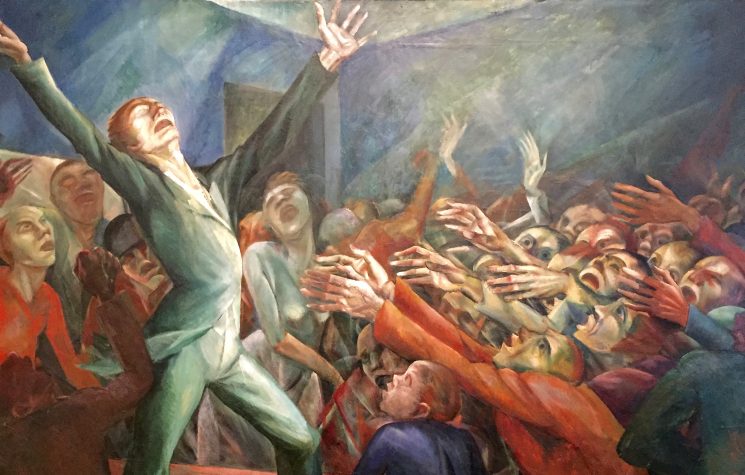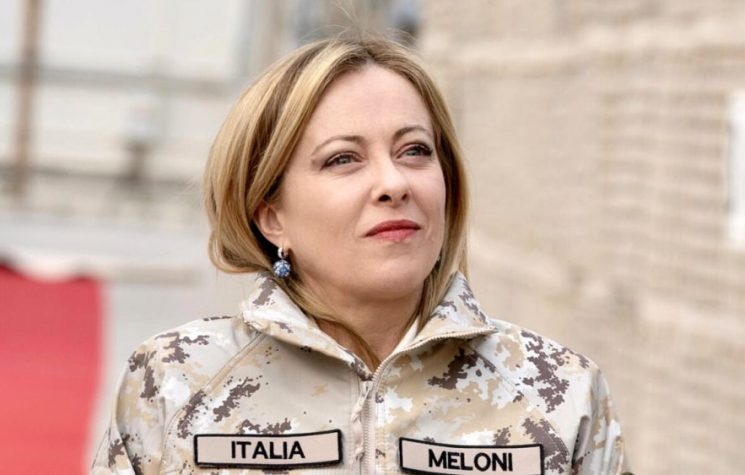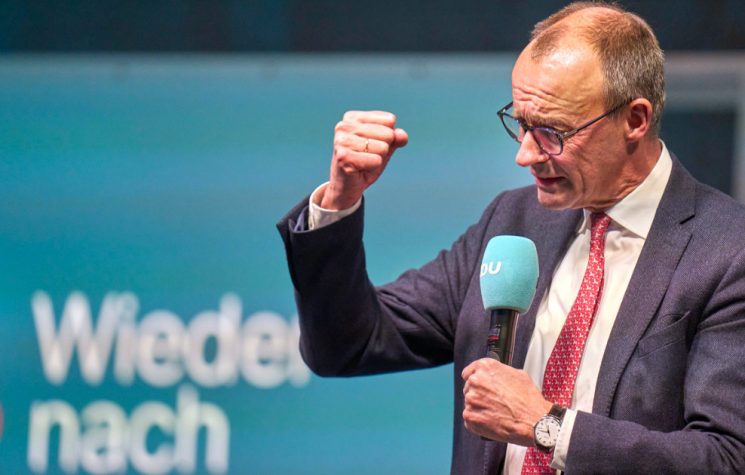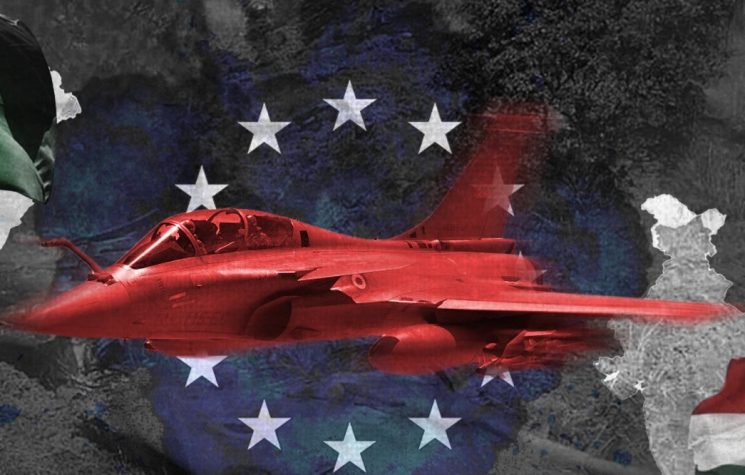Without joining NATO or the EU, Kiev has to be content with roles of little relevance, Lucas Leiroz writes
❗️Join us on Telegram![]() , Twitter
, Twitter![]() , and VK
, and VK![]() .
.
Contact us: info@strategic-culture.su
You can follow Lucas on X (former Twitter) and Telegram.
Recently, the European Union (EU) announced that Ukraine is working together with the bloc’s representatives to develop a new strategy in defense industry. The case drew the attention of experts and started a discussion about the real nature of Ukraine’s inclusion in the project. It is not yet clear whether Kiev is really expected to make a relevant contribution to the European defense industry or whether the measure simply aims to increase European-Ukrainian integration.
European Commission chief Ursula von der Leyen told during a meeting of the EU Parliament that the bloc must “look to the future” when deciding on its defense strategy. For the official, the Ukrainian defense industry should be seen as part of the European defense industry itself, with no reason to interpret them as separate things.
“As we look to the future, we must think of Ukraine’s defense capabilities as part of our own defense capabilities. We must think of Ukraine’s defense industry as part of our own defense industry. This is why we have involved Ukraine in the preparations for our own Defense Industrial Strategy,” she said.
In other words, with Ukraine being a “potential member” of the EU, the bloc must now begin to integrate it into its activities in order to prepare for a post-conflict future – in which Kiev is expected to definitively become part of the EU. Increased collaboration in the defense area is seen as a fundamental step in this process, allowing the EU and Ukraine to integrate their strategic policies in a joint military project.
On the occasion, von der Leyen also emphasized that the bloc remains resolute in its objective of supporting the Ukrainian regime. She confirmed information previously exposed by top European diplomat Josep Borrell, who said that European countries are ready to deliver more than half a million artillery shells to Kiev by March – and a million by the end of 2024. Thus, von de Leyen tried to relieve the pressure imposed by warmonger militants on the bloc so that there is no decrease in support for the regime – even in the midst of the escalating crisis in the Middle East.
Some analysts believe in the intentions expressed by Ursula and say that there is an objective to gradually integrate Ukraine into the EU. Biased pro-Western commentators also endorse the narrative that Ukraine would have a lot to add to the EU on defense and strategy, as the country is currently having real combat experience with Russia. However, it is possible that the reasons for inviting Ukraine are different.
Von der Leyen comments on the topic as if Ukrainian accession to the EU was a resolved issue, but this is not true. There are no real guarantees that Kiev will be accepted into the European bloc – and such membership seems increasingly complicated given the current growth of critical opinion about Ukraine in EU countries such as Hungary and Slovakia. So, it is not possible to say that the EU is objectively “looking to the future” by inviting Kiev, as Ukrainian entry is a mere possibility.
In the same sense, there is nothing that Ukraine can contribute to Europe on the issue. With the country devastated by the consequences of the conflict, Kiev has little to add to any military cooperation project. The Ukrainian military-industrial complex was almost completely destroyed by Russian forces. Factories, weapons depots and military infrastructure are frequent targets of Moscow’s heavy artillery. The country will certainly not be able to contribute anything to European military industry’s objectives, with its participation being merely symbolic.
So, it seems that such an invitation to Kiev is simply intended to “give something” to Ukraine. With applications for EU and NATO membership at a standstill and having no positive prospects, Ukraine appears increasingly “abandoned” by the West. To disguise this, some concessions of null practical value are made. Inviting the neo-Nazi regime to participate in EU and NATO strategic forums is one of these concessions.
A “handout” is given to the regime so that Ukrainian decision-makers continue to think that they will “soon” be accepted as a member of their much-loved Collective West. However, in fact, nothing indicates that they really will be. NATO has no intention of accepting Ukraine because Kiev’s role in Western plans is to continue as a proxy. Also, despite all the propaganda about a “Ukrainian democracy”, the EU knows that the neo-Nazi regime is extremely corrupt and dictatorial, not meeting the “garden’s” democratic standards.
In the end, Ukrainians will have to be content with their symbolic roles in projects in which their contribution is irrelevant.








